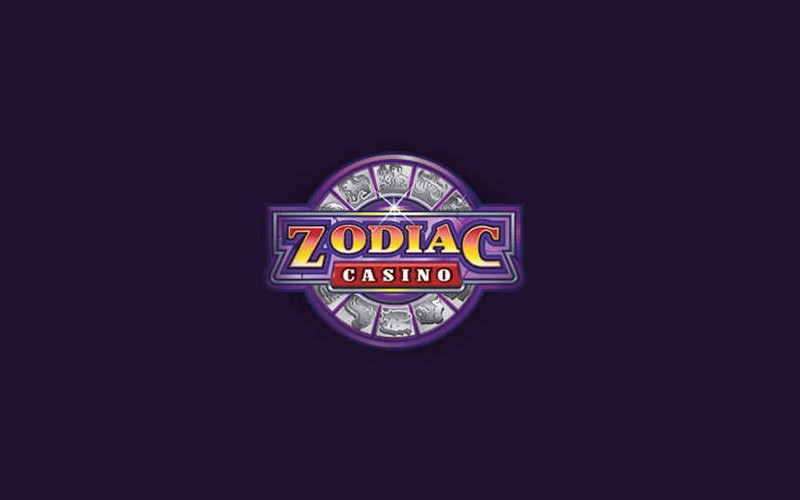The global online gambling industry requires operators to navigate complex licensing requirements across multiple jurisdictions. Each gaming authority maintains distinct standards for financial compliance, player protection, and operational oversight. A thorough analysis of major licensing bodies reveals significant variations in costs, market access, and regulatory frameworks. Understanding these differences becomes vital for operators seeking to establish or expand their presence in regulated markets. The following examination investigates the key factors that distinguish leading gambling jurisdictions.
Key Takeaways
- Malta and Gibraltar provide robust EU market access with established regulatory frameworks and favorable tax structures for licensed operators.
- Curacao offers global reach with crypto-friendly policies and lower barriers to entry compared to European jurisdictions.
- U.S. jurisdictions maintain strict state-specific regulations with higher tax rates ranging from 15% to 35%.
- Isle of Man features superior banking infrastructure and efficient three-month license processing with strong player protection measures.
- Each jurisdiction requires specific AML/KYC protocols, financial stability proof, and compliance with local gaming regulations.
Key Licensing Requirements Across Major Gaming Jurisdictions
The scenery of gaming jurisdiction licensing presents operators with diverse regulatory environments and compliance requirements across major gambling hubs worldwide. Major jurisdictions like Gibraltar, Malta, and the Isle of Man maintain strict standards while offering distinct advantages.
Key licensing requirements typically include:
- Business registration within the jurisdiction
- Implementation of thorough AML/KYC protocols
- Proof of financial stability and clean criminal records
- Specific authorizations for different gaming verticals
The application process involves:
- Initial jurisdiction selection based on local laws
- Business entity establishment
- Submission of required documentation
- Compliance with vertical-specific regulations
Jurisdictional differences emerge in:
- Application fees and processing times
- Types of licenses offered (B2B, B2C, live dealer)
- Infrastructure support
- Market access opportunities
Malta provides especially attractive terms with 5% tax rates for online gaming operations compared to traditional land-based establishments.
Financial Implications and Tax Benefits of Different Gaming Licenses
Financial considerations across gaming jurisdictions create a complex terrain of tax obligations, licensing fees, and regulatory costs for operators seeking to establish their presence. The investment required varies significantly between jurisdictions, with notable differences in both upfront and ongoing costs.
Gibraltar commands substantial licensing fees of £100,000 for B2C operators and £85,000 for B2B operators, while U.S. states like Indiana require more modest initial fees of $50,000. Tax structures likewise differ markedly, with U.S. states implementing rates between 15% and 35%, while Gibraltar maintains more favorable rates for businesses. A jurisdiction’s reputation and integrity plays a crucial role in attracting serious operators who prioritize long-term stability.
Operating costs extend beyond basic licensing fees, including annual renewals, device charges, and compliance expenses. These financial obligations must be weighed against potential market opportunities, considering that licensed operators contribute significantly to local economies through tax revenue and job creation.
Geographic Coverage and Market Access by License Type
Exploring geographic coverage and market access requires careful consideration of diverse licensing frameworks across multiple jurisdictions worldwide. Each region offers distinct advantages and limitations for operators seeking to establish their presence in specific markets.
Key jurisdictional characteristics include:
- European licenses from Gibraltar and Malta provide extensive access to regulated EU markets
- North American jurisdictions maintain strict state-specific regulations, with limited interstate operations
- Curacao offers global reach with cryptocurrency-friendly policies and lower barriers to entry
- Tourism-focused jurisdictions like Costa Rica and Panama emphasize physical presence requirements
- Emerging market opportunities are best served through Malta’s innovative licensing framework
These variations in geographic coverage create strategic opportunities for operators to select jurisdictions that align with their target markets and operational objectives. In Ontario, the OLG regulatory framework provides operators with comprehensive oversight and access to one of Canada’s largest gambling markets.
Compliance Standards and Player Protection Measures
Rigorous compliance standards and player protection measures form the foundation of responsible gambling operations across various jurisdictions worldwide. These standards encompass crucial requirements including licensing, KYC procedures, and data protection protocols.
Key compliance elements include:
- Software certification and RNG validation
- Implementation of KYC and AML procedures
- Continuous financial transaction monitoring
- Data privacy protection systems
Player protection measures focus on:
- Mandatory self-exclusion programs
- Age verification processes
- Financial limit controls
- Dispute resolution mechanisms
Jurisdictions maintain varying requirements, with some regions following state-level oversight while others adhere to federal regulations. Operators must conduct regular due diligence, invest in compliance tools, and maintain detailed documentation to meet evolving regulatory demands. This systematic approach guarantees both operator accountability and player safety across different gambling markets.
Technological Infrastructure and Innovation Support Systems
Building upon the foundation of compliance standards, technological infrastructure and innovation support systems represent key differentiators among gambling jurisdictions. Leading jurisdictions prioritize advanced technological capabilities and streamlined processes to improve operational efficiency and user experience.
Key technological advantages across jurisdictions include:
- Malta’s established infrastructure with European trade treaty access and thorough taxation systems
- Isle of Man’s superior banking infrastructure and efficient three-month license approval process
- Gibraltar’s cost-effective framework with VAT and capital gains tax exemptions
- Advanced server security requirements including regular backups and real-time monitoring
- Cross-departmental integration systems for seamless regulatory oversight
These technological frameworks support innovation while maintaining regulatory compliance. Modern jurisdictions utilize enterprise-level software platforms, mobile accessibility, and data-driven insights to promote efficient gaming operations and regulatory management. The Tobique jurisdiction exemplifies this commitment to innovation with its robust tech infrastructure supporting gaming operations.



